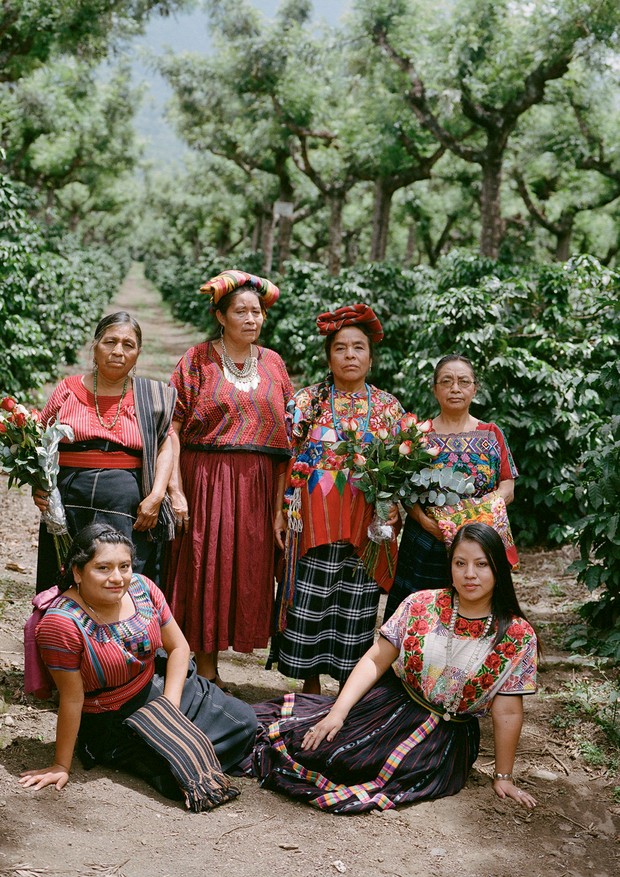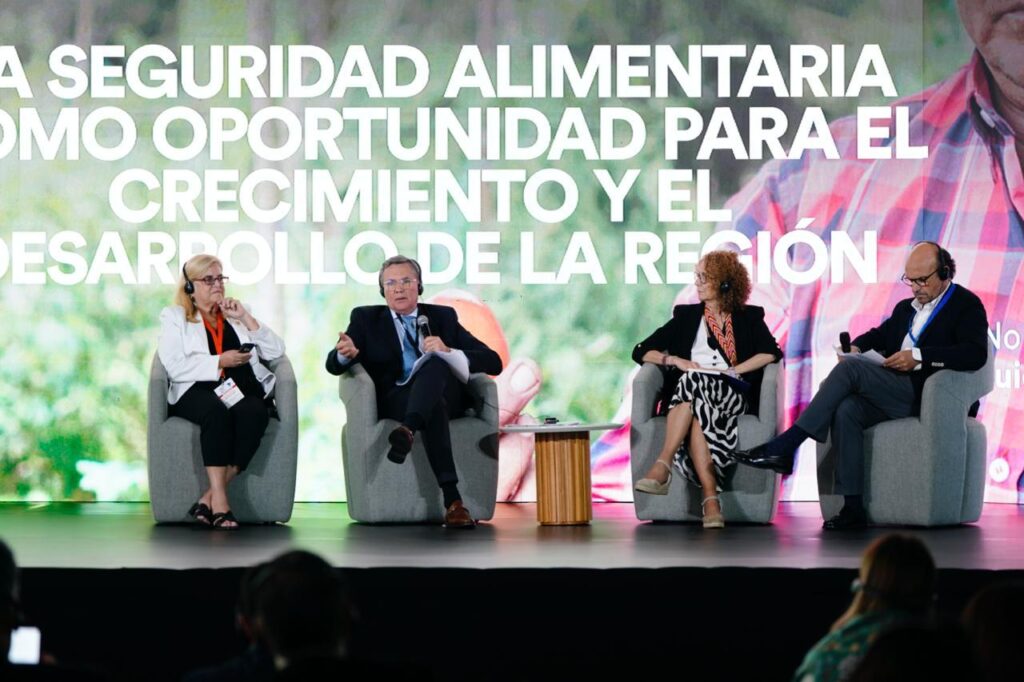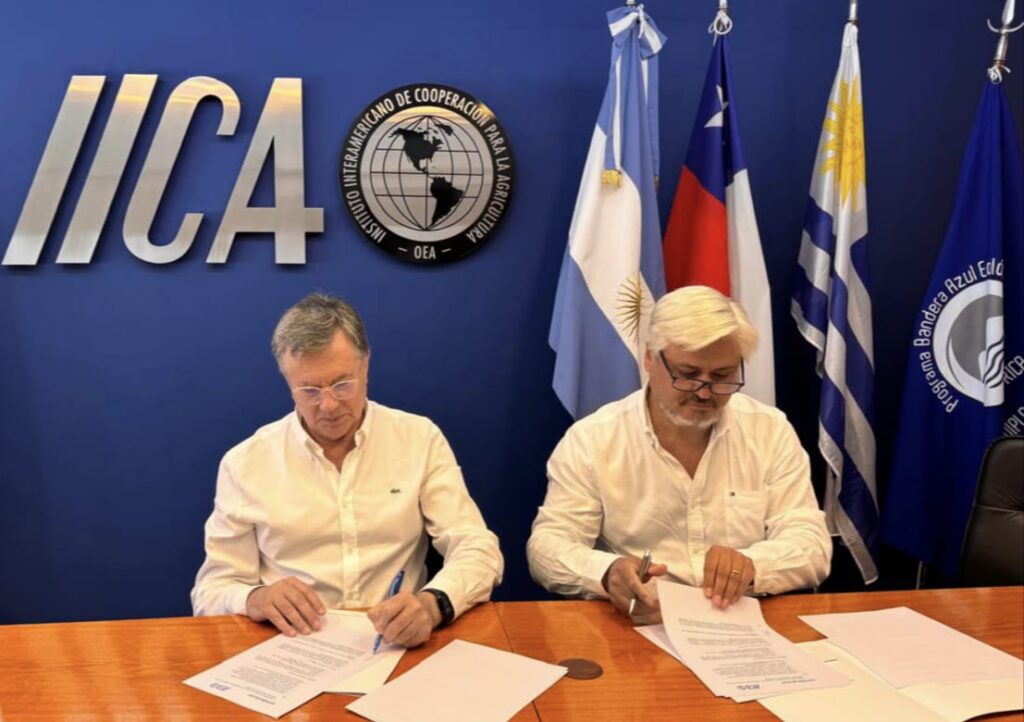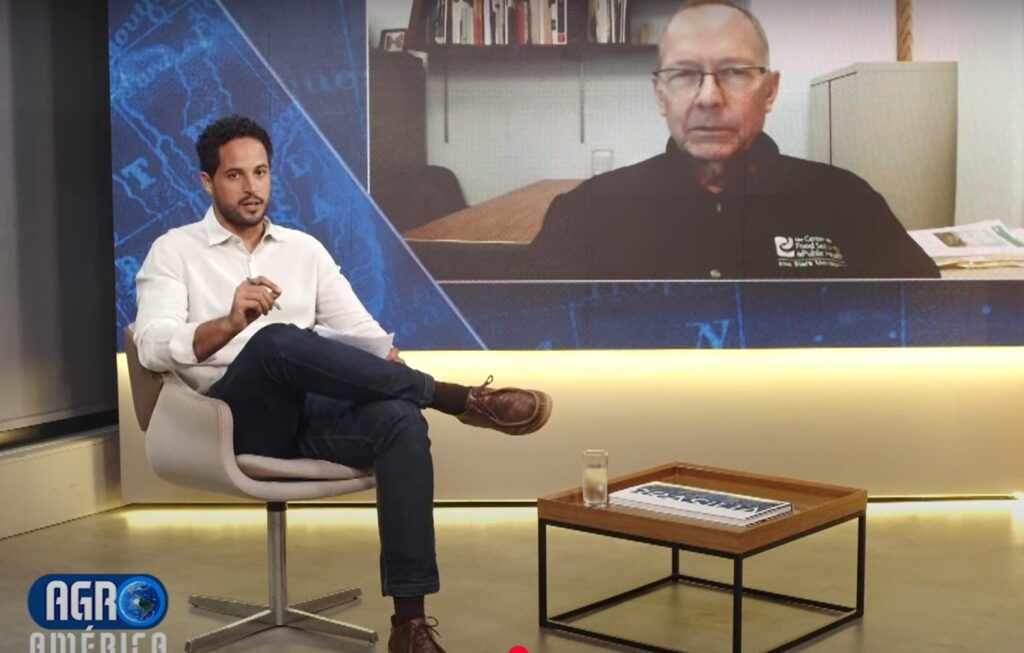A team from the Brazilian edition of Vogue magazine traveled across four countries in the Americas to share the stories of women who live off the land and who, in many ways, sow a fairer society.

San Jose, Costa Rica, 5 October 2018 (IICA). A team from the Brazilian edition of Vogue magazine portrayed the stories of rural female workers in different regions of Argentina, Brazil, Guatemala and Jamaica, thanks to an unprecedented partnership with the Inter-American Institute for Cooperation on Agriculture (IICA). Local governments, NGOs and companies provided support to the initiative, which seeks to provide visibility to the key role of rural women in development.
This special edition by Vogue, entitled “Earth, a female figure,” includes images of and personal accounts by 100 women who live and work in the rural areas of these countries in the Americas. The content was compiled over the course of 16 days, as part of an undertaking that required taking 15 airplane flights and traveling 2,500 kilometers by land through the most diverse landscapes, in temperatures ranging from 2 to 37 degrees Celsius.
IICA, the inter-American agency specializing in agricultural and rural development, “thinks of Earth as a female figure, as it does with agroecology, which promotes the use of natural resources with greater awareness and respect for all that nature has to offer, as part of a growing, sustainable exchange. Such is the case between women and the land,” reads the article by Vogue, edited by Mariana Abreu Sodré.
The partnership between IICA and Vogue Brazil forms part of the Institute’s commitment to gender equity.
The recently approved 2018-2022 Medium-term Plan (MTP), which will serve as the organization’s roadmap, describes the five hemispheric programs (Bioeconomy and Production Development; Territorial Development and Family Farming; Trade and Integration; Climate Change, Natural Resources and Risk Management; and Agricultural Health, Safety and Food Quality) on which the Institute’s strategies will focus and which incorporate gender and youth as cross-cutting issues.
IICA has also publicly positioned itself in a number of forums such as W20, an engagement group of the G20 in which it serves as Co-chair for its work on Rural Women, which focuses on the urgent need to develop solid, long-term public policies for the benefit of women living in rural areas. In this role, the Institute has underscored the importance of creating a large coalition for transformation that includes the participation of governments, international organizations, civil society representatives and the media.
More information:
Pilar Sancho, Communication Specialist at IICA










